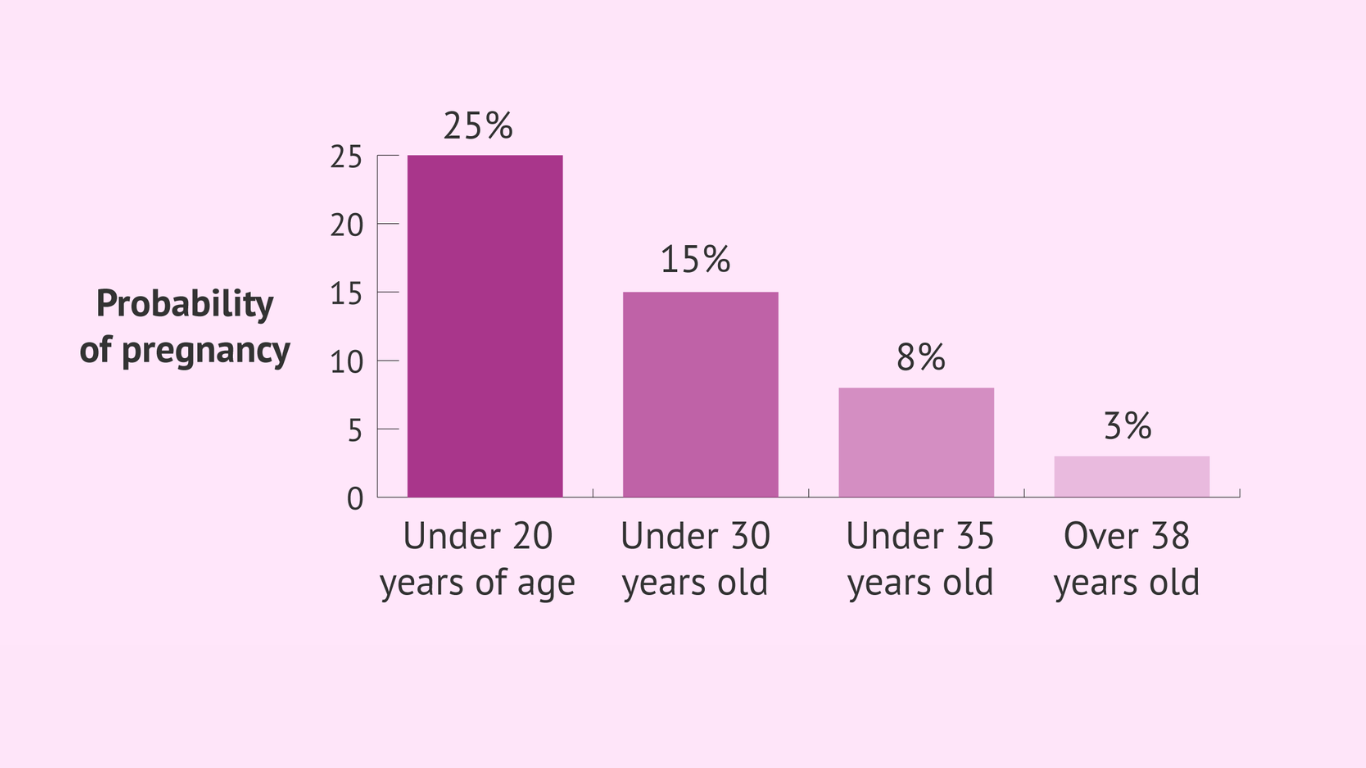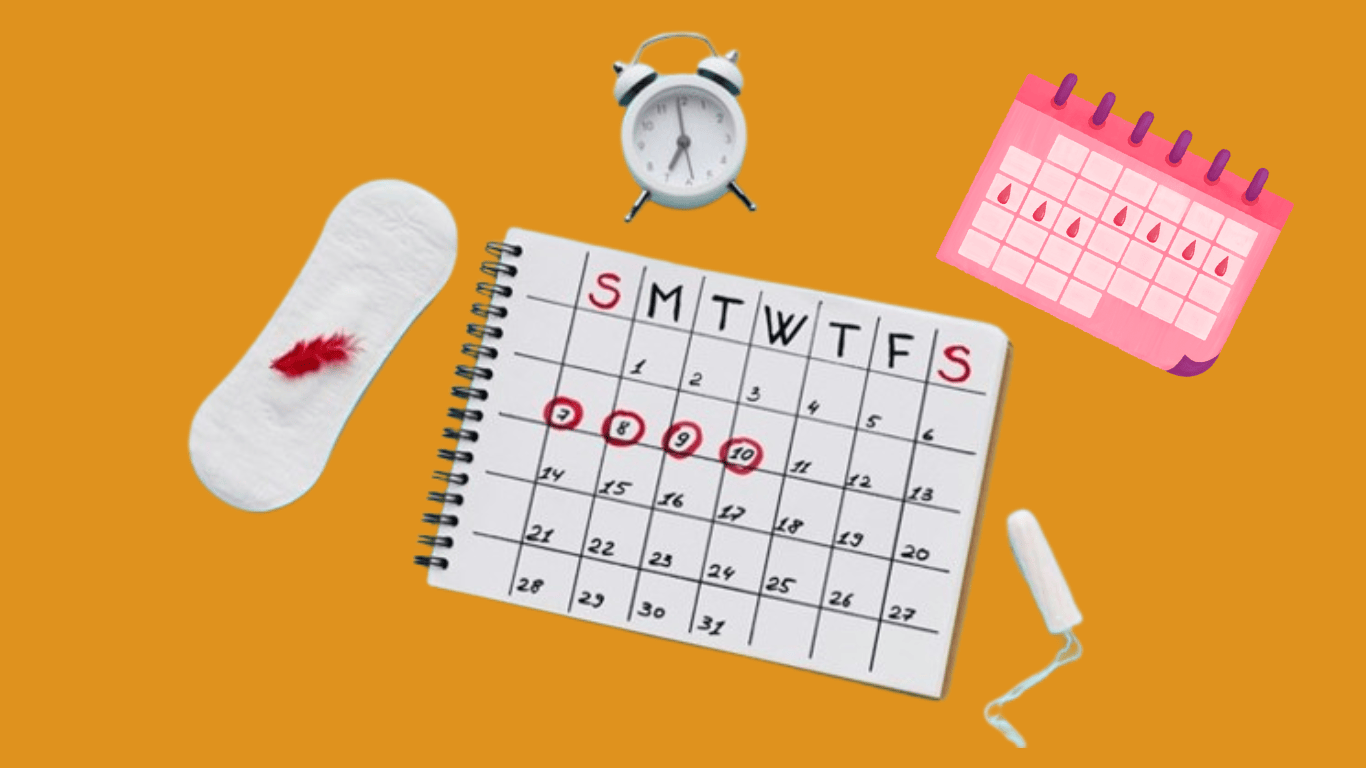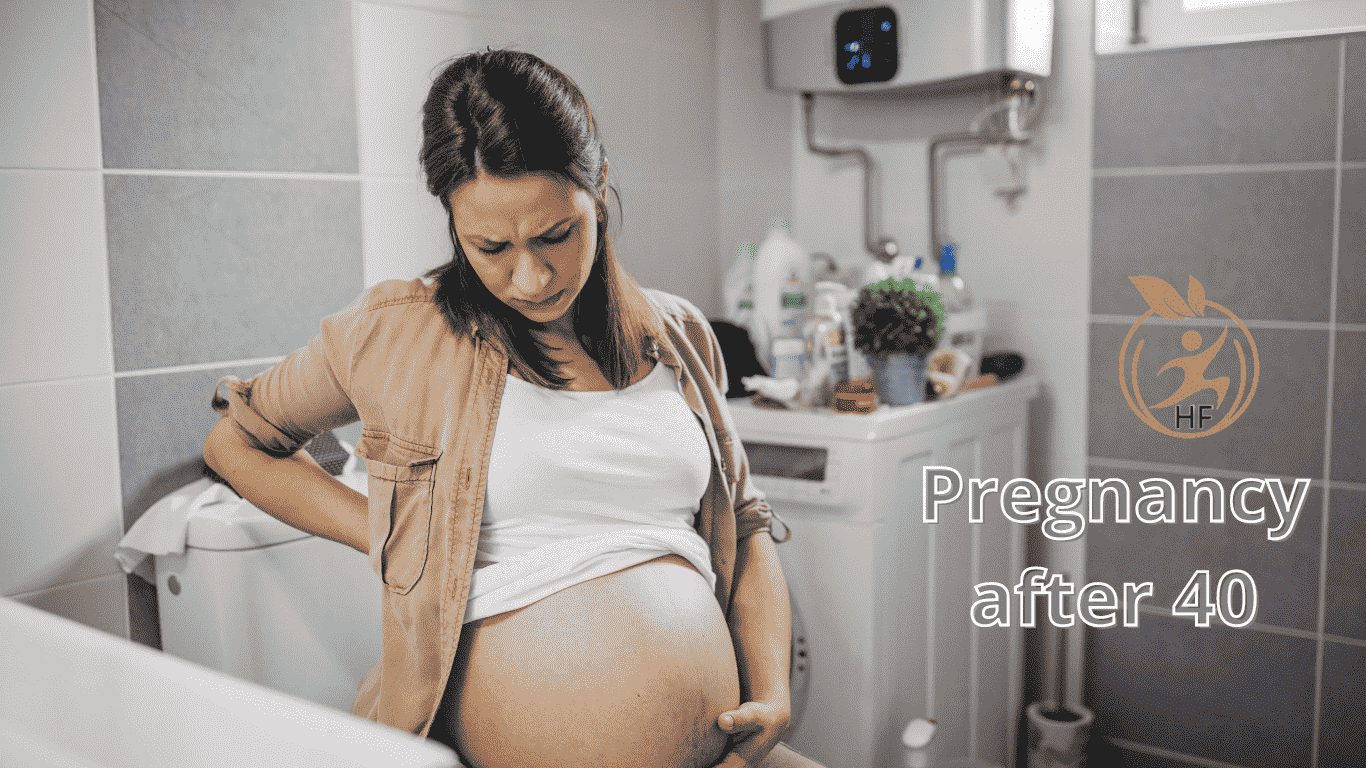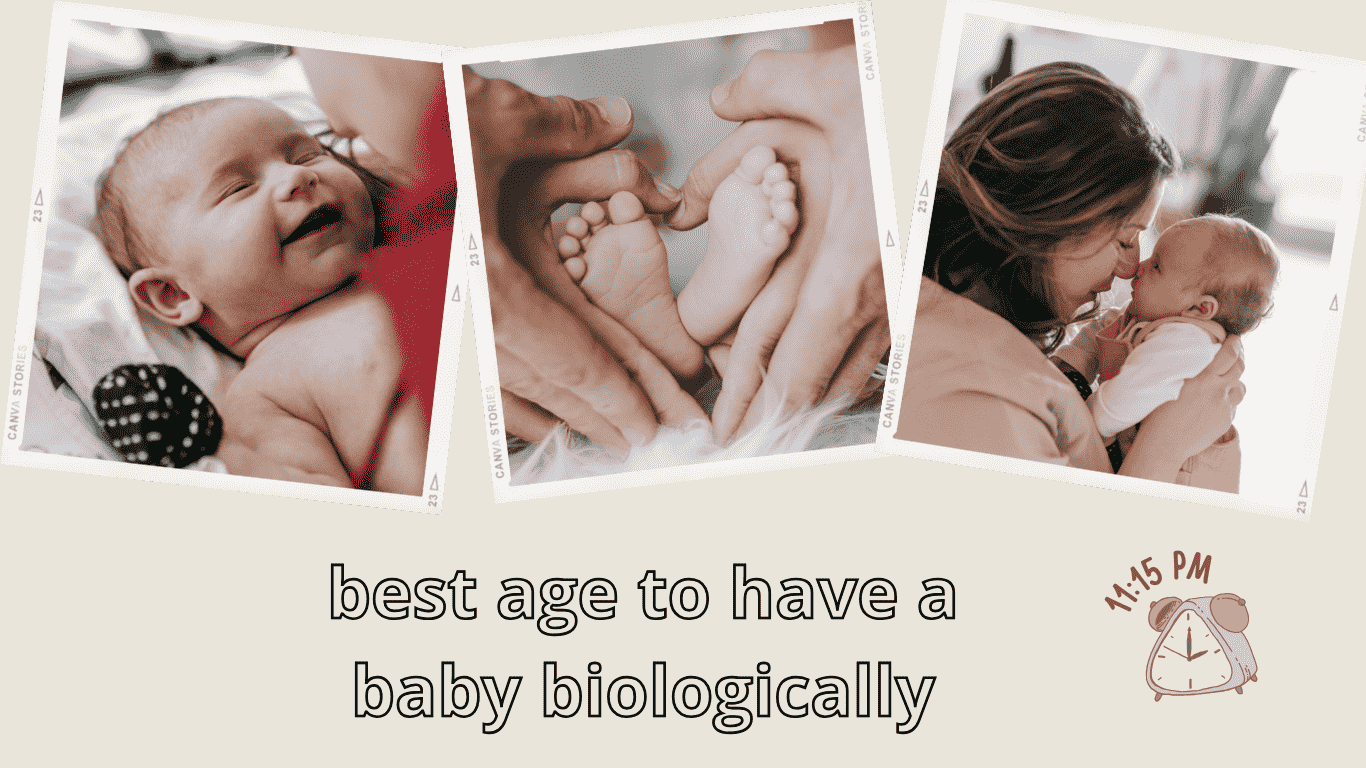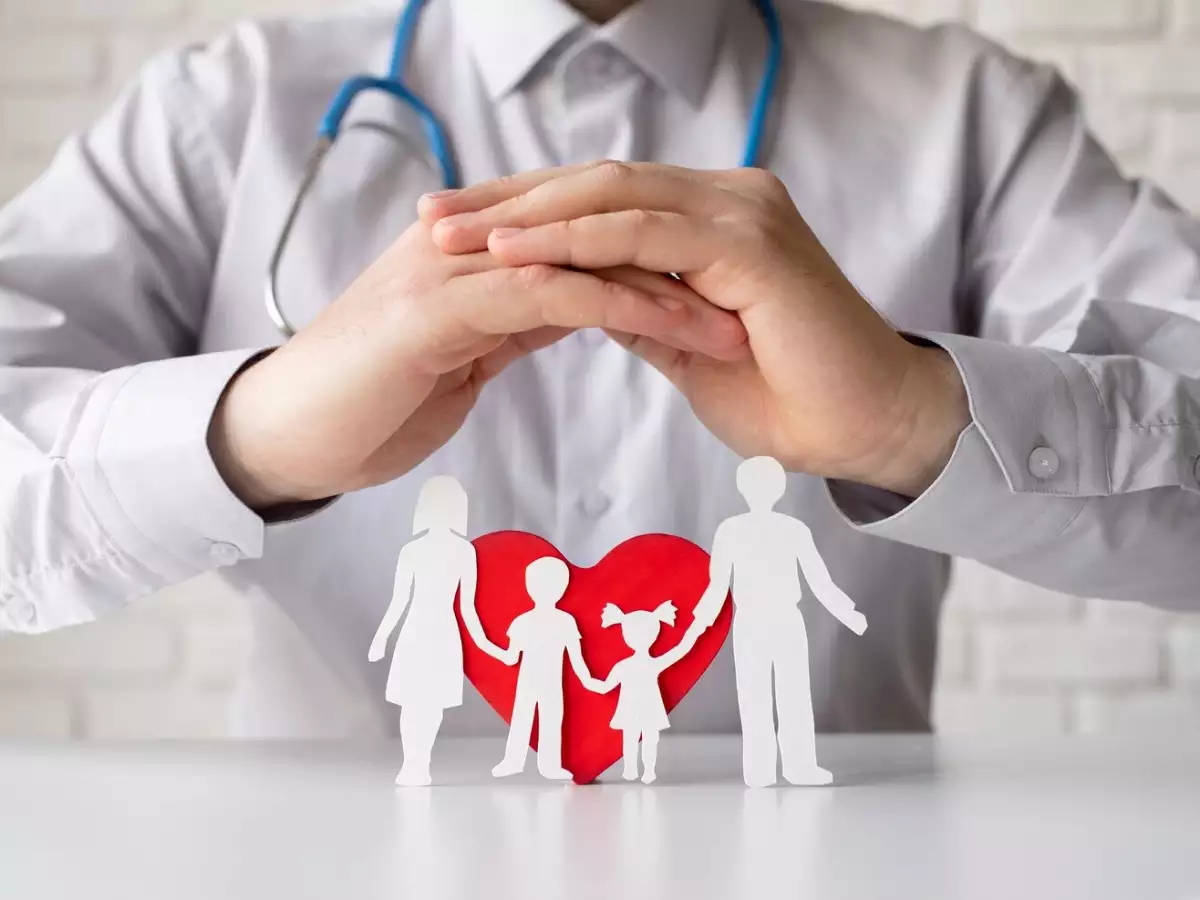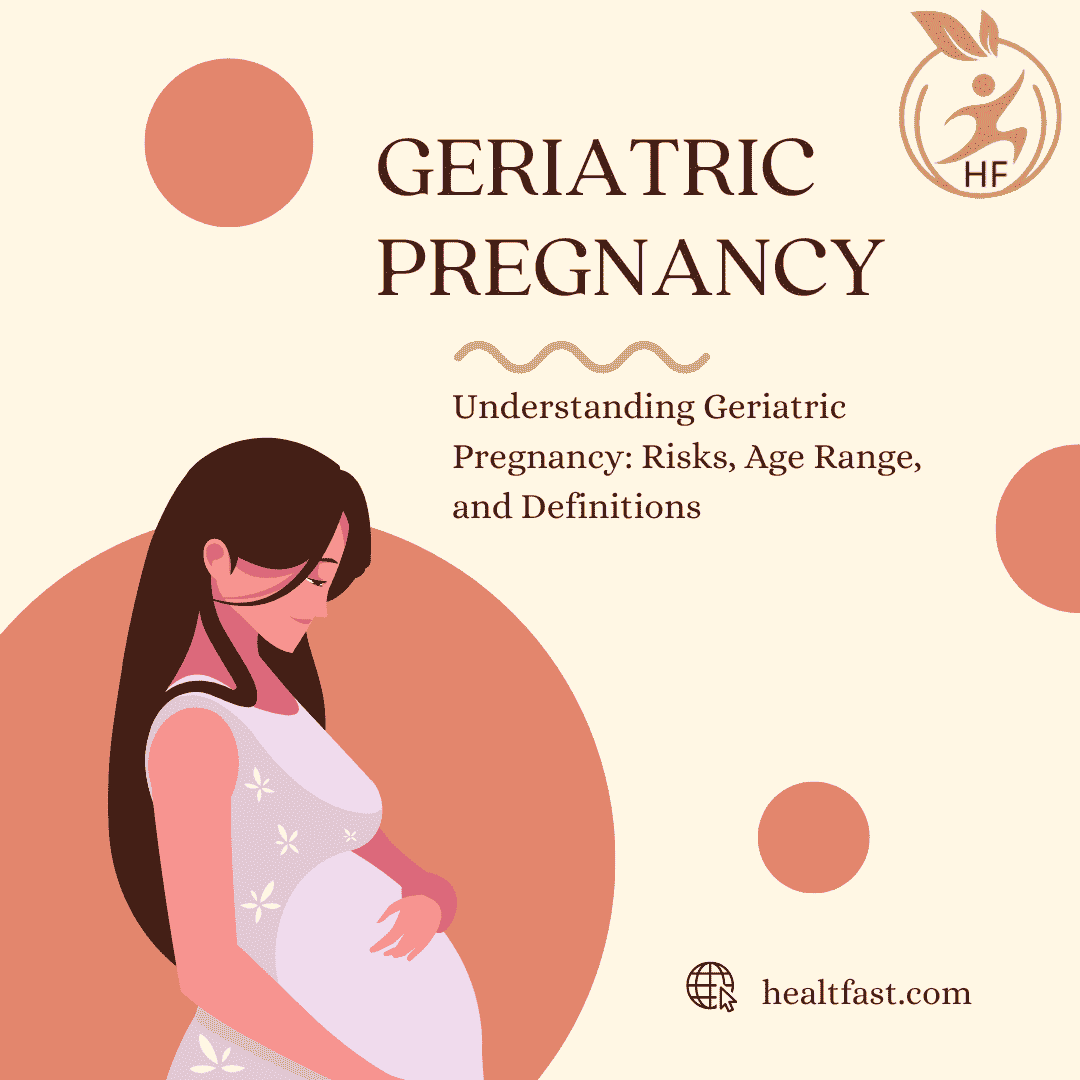At what age can a woman not get pregnant? Understanding fertility and its limitations is crucial for individuals and couples planning for motherhood. While women are born with a finite number of eggs, the ability to conceive varies significantly with age. This article delves into the intricacies of female fertility, shedding light on the age-related factors that influence a woman’s ability to conceive.
what age can a woman not get pregnant?:
It is commonly known that age and fertility are related. During their reproductive years, women experience a gradual decline in fertility, with a significant drop occurring in their late 30s and early 40s. This fall is mostly due to a reduction in the amount and quality of eggs as women age.
In their 20s:
Women in their 20s typically experience peak fertility. During this period, the ovaries contain a higher number of healthy eggs, increasing the likelihood of conception. Additionally, the chances of miscarriage and chromosomal abnormalities are relatively low compared to older age groups.
In their 30s:
As women enter their 30s, fertility begins to decline gradually. This decline accelerates after the age of 35, primarily due to factors such as a decrease in ovarian reserve and an increased risk of chromosomal abnormalities in eggs. While many women in their early 30s can still conceive naturally, the likelihood of infertility and complications rises with advancing age.
In their 40s:
By the time women reach their 40s, fertility significantly declines, and the chances of conceiving naturally become increasingly slim. Most women in this age group experience a notable decrease in egg quality and quantity, making conception challenging. Moreover, the risk of miscarriage, genetic abnormalities, and pregnancy complications, such as gestational diabetes and hypertension, substantially increases.
Menopause:
Menopause marks the end of a woman’s reproductive years. Typically occurring between the ages of 45 and 55, menopause is characterized by the cessation of menstruation and a significant decline in hormone levels, including estrogen and progesterone. Once menopause sets in, women can no longer conceive naturally.
Factors Affecting Fertility:
While age is a significant determinant of female fertility, other factors can also impact a woman’s ability to conceive. These factors include:
- Lifestyle factors: Smoking, excessive alcohol consumption, poor diet, and obesity can adversely affect fertility.
- Medical conditions: Conditions such as polycystic ovary syndrome (PCOS), endometriosis, and thyroid disorders can impair fertility.
- Reproductive health history: Previous pregnancies, miscarriages, or reproductive surgeries may influence fertility.
- Environmental factors: Exposure to toxins and pollutants can interfere with reproductive function.
Age plays a major role in a woman’s fertility; naturally occurring conception naturally declines dramatically after 35 and becomes more difficult in the 40s. While advancements in reproductive medicine offer options such as assisted reproductive technologies (ART) for older women, the most reliable way to maximize fertility is to plan for motherhood earlier in life. Understanding the age-related limitations of female fertility empowers individuals to make informed decisions about family planning and seek appropriate medical guidance when needed.

